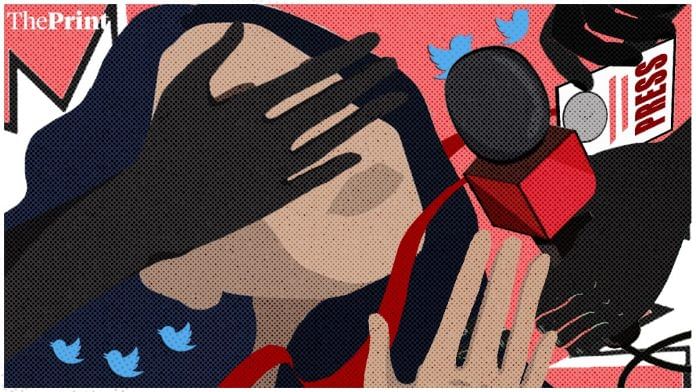Man lives differently; hence he thinks differently. It is, therefore, not strange that there are competing beliefs and differing ideologies. The Press is to serve society. Two points are to be taken note of. First, the needs of a plural society cannot be answered by uniform principles. Secondly, there are several roads to the achievement of the goal.
In this view of the situation, the Press must be free to serve society in its own way. It must have a soul of its own. It must not play a subservient role. It has to function as an autonomous institution. In political science, it is accepted that the State is the most supreme authority. It knows no competitor. But in sober reality, the State never acts; it is acted for by those who are in control of the coercive apparatus of the State. They form the government.
Democracy cannot function on creative lines if governments do not encourage the growth of autonomous institutions to serve society in their own way without any pressure. Thus, the interests of democracy demand that the Press has to be nursed as an autonomous institution.
In political theory, anti-State activities and anti-government activities are not to be confused.
The Government has the inherent right to curb anti-State activities; but it must not use its coercive authority to drill and discipline legitimate activities against it.
A democratic government must respect this border-line. The ruling party must not think that it is coeval with the State, nor should it try to create conditions for the withering away of all dissenting opinions. That is what liberal democracy asks for. The accent of Communist democracy is on the creation of the party-State, so that, in fullness of time the State may wither away and the dominance of the party is installed.
In my view, the freedom of the Press cannot be understood unless the character of the State is known. The expression, freedom, cannot have identical connotations in a liberal democracy and in a Communist democracy. In a police State, much importance is attached to subjective truths; in a social service State, there is the emphasis on objective truths; in the Communist party-State, there is the supremacy of party truths.
Liberal democracy of today has favoured the emergence of the social service State, and it stands for objective truths. To get at objective truths, we need experimental minds. There should be trial and error methods; all experimentations have to be assessed scientifically. There can be no experimentation in social growth and progress if the doctrine of free trade in ideas is rejected.
Truth has different facets. It is the basic assumption of a liberal democracy that truth cannot be known unless both sides are presented. Thus, the Press in a liberal democracy has to be a forum for the expression of different points of view. It must not suppress, taint or adulterate news. Hence, it is said that news is sacred. The same news may be read differently by different persons.
Thus, Press freedom consists in the freedom of gathering and printing news and in the freedom of reading and commenting on news without prompting from any extraneous authority. On a rigorous analysis, it can be argued that any newspaper which feeds its readers with one-sided news may win a political bout, but it does not serve the cause of liberal democracy.
Pressmen are not a type of artillery, clearing the deck either for the ruling party or for the Opposition. They are not to “brainwash” people, nor should they carry iron curtains in their skulls. They are to serve society and to widen the horizon of the people.
The world is both diverse and dynamic. We pressmen must not remain indifferent to this stern reality. The freedom of the Press is an institutional freedom, and as such all newspapers need not sing in the same tune. But every newspaper must have the freedom to gather and to receive news and to read news in its own way. A modern newspaper has two facets, the commercial aspect and the public service aspect. We journalists are concerned with the public service aspect of the newspaper. If we lose our historical role, we vulgarise the profession.
Advocates of the Press or the Government should not think that they are infallible. It is the vulgar mind which has confidence in its infallibility. The Press must not falter to judge; it must not hesitate to present news fairly. Accordingly, I do not think much of the subsidised Press or of the obliging Press or of the party Press or of the irresponsible Press. A free Press is linked with free enterprise and a free society. Those who frown on free enterprise and free society are the grave-diggers of the free Press.
This essay is part of a series from the Indian Liberals archive, a project of the Centre for Civil Society. It is taken from a monograph published by the Forum of Free Enterprise titled: “A Free press is linked with Free Enterprise and a Free Society,” published on 8 June 1960. The original version can be accessed here.






